10 Tips For HVAC Maintenance For Homeowners
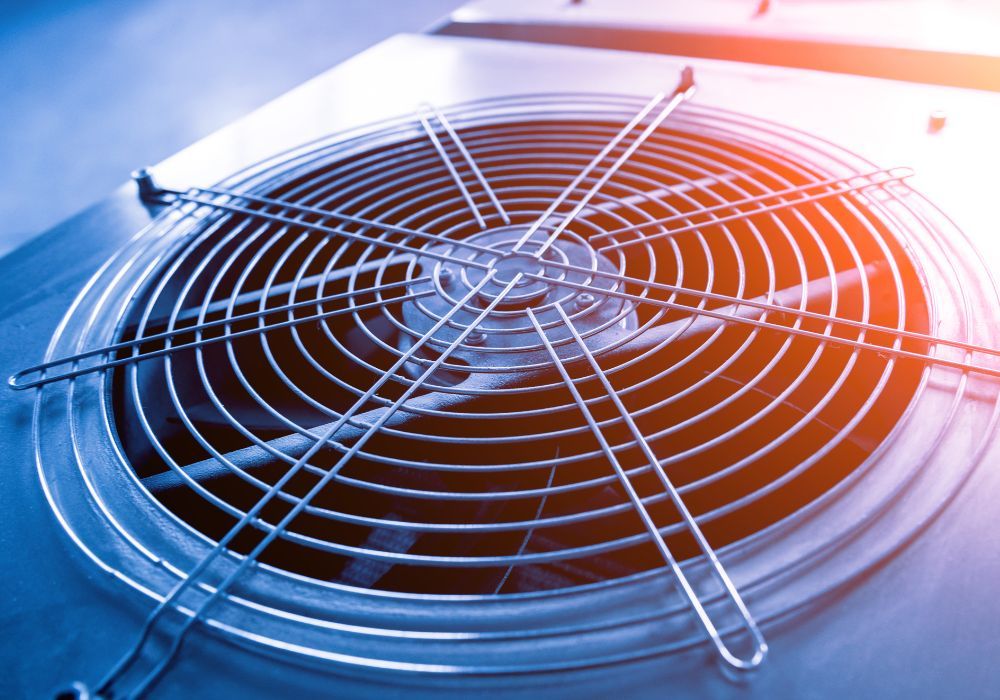
Table of Contents
ToggleThe HVAC Unit is one of the most essential parts of your home, responsible for keeping your home comfortable all year-round. In order for you HVAC System to stay in good working condition, it needs to be taken care of.
However, this can easily slip through the cracks of our busy lives. But here’s the truth of it: improper maintenance of your HVAC System can lead to not only discomfort, but costly and unnecessary expenses. Your system can last much longer if it’s been properly maintained throughout its lifespan as well!
In this blog, we will share the top 10 tips for maintaining your HVAC system year-round. From simple DIY tasks to warning signs, we’ve got you covered. Let’s dive into the world of HVAC maintenance and discover how you can ensure your system’s longevity, efficiency, and performance while keeping your indoor climate just right, no matter the season.
Tip #1: Change Your Air Filters
When it comes to HVAC system maintenance, one of the simplest yet most effective tasks you can perform is changing your air filters regularly. The air filters in your HVAC system play a crucial role in ensuring the quality of the air you breathe and the efficiency of your system.
Air filters trap dust, pollen, pet dander, and other airborne particles. Over time, these filters can become clogged, reducing their ability to capture these contaminants. By changing your filters regularly, you’ll ensure that the air in your home or business remains clean and healthy.
The frequency of filter changes depends on several factors, including the type of filter you use, the number of occupants in your space, and the presence of pets. As a general guideline:
- Standard filters (1-3 inches thick): Replace every 1-3 months.
- High-efficiency filters (4-5 inches thick or HEPA filters): Replace every 6-12 months.
- Electronic air purifiers: Follow the manufacturer’s recommendations.
To stay on top of routine filter changes, you can just change them for each new season. Changing your air filters is a simple yet vital step in HVAC maintenance that can help you breathe easier, save money, and extend the life of your system. So, don’t overlook this easy task—make it a regular part of your HVAC care routine.
Tip #2: Clean Debris And Dust From Your Outdoor Units
We know that HVAC Systems can be out of sight and out of mind, but it’s important to keep it clean and in good shape to keep your air conditioner running for years and reduce the amount of energy it uses. The outdoor unit of the HVAC system is more likely to catch debris and dust that could hamper your HVAC performance, so taking a moment to ensure it’s not blocked goes a long way.
The outdoor unit needs adequate airflow to operate efficiently. If leaves, grass, or other debris accumulate around it, it can obstruct airflow, making your HVAC system work harder to cool or heat your space. This increased workload can lead to higher energy bills and potential system strain.
Debris can also cause physical damage to the unit. Over time, leaves and sticks can get lodged in the fan blades, potentially causing them to break or become unbalanced. This can result in costly repairs or even the need to replace the fan. A clean area around the outdoor unit also prevents the condenser coils from becoming dirty or blocked.
To clean your outdoor units, regularly clear away leaves, grass clippings, and other debris from around the unit and trim back vegetation to maintain at least two feet of clearance on all sides. You could also consider installing a protective cover or fence around the unit to prevent debris buildup.
If you notice that the airflow isn’t as good as it used to be, take a look at your outdoor units and make sure it’s clear of any debris. If you find the problem was not fixed, it’s best to get the outdoor unit inspected by an HVAC contractor.
Tip #3: Keep Your Vents And Air Ducts Clean
Keeping your vents and ducts clean is one of the simplest ways to keep your system healthy. If the vents and registers are covered in dust, dirt, or other debris, the air entering and exiting the system will be dirty and not as efficient at cooling or heating your home. Not only will this increase your energy costs, but it will also reduce the lifespan of your air conditioner.
The air ducts in your HVAC system play a crucial role in distributing conditioned air throughout your home. Over time, these ducts can accumulate dust, allergens, and even mold, which can compromise indoor air quality and HVAC system efficiency. Here’s why inspecting and cleaning your air ducts is essential:
1. Improved Indoor Air Quality: As air circulates through your HVAC system, it can pick up particles like dust, pollen, and pet dander. If your air ducts are dirty, these contaminants can accumulate and be circulated back into your living or working spaces. Regular duct cleaning helps remove these allergens, contributing to better indoor air quality.
2. Enhanced Energy Efficiency: Dirty or blocked ducts can impede airflow, making your HVAC system work harder to distribute air. This added strain can result in increased energy consumption and higher utility bills. Clean air ducts promote efficient airflow, reducing energy waste.
3. Mold and Mildew Prevention: Moisture and condensation can accumulate in ducts, creating an ideal environment for mold and mildew growth. Mold spores in the air can be harmful to health, so it’s essential to keep your ducts dry and clean.
The best way to inspect your air ducts is to visually inspect it. Look for signs of dust buildup, visible mold, or strange odors near your air ducts. You should also consider hiring a professional HVAC technician to inspect your ductwork thoroughly. They can use specialized equipment to identify and assess any issues. Remember to regularly schedule professional Air Duct Cleaning Service. Trained technicians use powerful vacuums and brushes to remove debris and contaminants from your ducts.
Tip #4: Clean Evaporator And Condenser Coils
By checking and cleaning your evaporator and condenser coils, you’ll not only improve the efficiency and performance of your HVAC system but also reduce the risk of costly breakdowns.
When your air conditioner is not in use, it is important to clean the evaporator coil and drain it regularly to ensure proper cooling. The evaporator coil is the part of the AC unit that helps cool the air and becomes clogged over time with mineral deposits. This can cause the AC unit to not work as efficiently, leading to higher energy bills.
Cleaning the coils may require specialized coil cleaning solutions and equipment. It’s often best to hire a professional HVAC technician for this task. They have the necessary tools and expertise to clean the coils thoroughly. To prevent future buildup, schedule regular HVAC maintenance with a professional technician. They can inspect, clean, and tune up your system to ensure it operates optimally.
Tip #5: Monitor Thermostat Settings And Use A Programmable Thermostat
Your thermostat serves as the control center for your HVAC system, dictating when and how your heating or cooling system operates. Monitoring and optimizing thermostat settings can significantly impact both your comfort and energy efficiency.
Proper thermostat settings can lead to substantial energy savings. Adjusting the temperature when you’re away or asleep and optimizing it for comfort when you’re home can reduce heating and cooling costs. Leaving your HVAC system running at a constant temperature, even when it’s not necessary, can lead to unnecessary wear and higher utility bills. Monitoring and adjusting or programming your thermostat can help you avoid overuse.
If you have a programmable thermostat, take advantage of its features to set heating and cooling schedules. Adjust these schedules seasonally to reflect changes in weather and your needs. Consider upgrading to a smart thermostat, which can learn your habits and make automatic adjustments for optimal energy efficiency. You can also control smart thermostats remotely via a smartphone app.
Monitoring and optimizing your thermostat settings is a simple yet effective way to save energy and reduce your HVAC system’s workload. By taking control of your indoor climate and using your thermostat wisely, you can enjoy comfort while keeping energy bills in check.
Tip #6: Ensure Proper Insulation And Sealing
One important, but often overlooked, of HVAC Maintenance is ensuring proper insulation and sealing all year-round. A well-insulated and sealed home or building helps your HVAC system work more efficiently and keeps you comfortable no matter the season.
Insulation in your walls, attic, and floors helps retain conditioned air, preventing it from escaping your home during hot summers or chilly winters. This means your HVAC system doesn’t have to work as hard to maintain your desired indoor temperature, leading to energy savings.
Proper sealing around doors, windows, and other openings prevents drafts and temperature fluctuations. You can enjoy a more consistent and comfortable indoor climate without hot or cold spots. Improved insulation and sealing translate to lower energy consumption and reduced utility bills. When your HVAC system operates efficiently in a well-insulated space, it uses less energy to heat or cool the area.
How to Ensure Proper Insulation and Sealing:
- Assess Insulation: Check the insulation levels in your attic, walls, and floors. If your home or building is poorly insulated, consider adding or upgrading insulation materials. Consult with an insulation professional to determine the best options for your specific needs.
- Seal Gaps and Cracks: Inspect doors, windows, and other openings for gaps and cracks. Use weatherstripping, caulk, or foam sealant to seal these areas to prevent air leaks.
- Focus on Attic Insulation: A significant amount of heat loss or gain occurs through the attic. Ensure your attic is well-insulated, and consider radiant barriers or attic ventilation to further improve efficiency.
- Schedule a Home Energy Audit: Consider scheduling a professional home energy audit to identify areas where insulation and sealing improvements are needed. Many utility companies offer these audits as part of their energy-saving programs.
- Regular Maintenance: As part of your HVAC system’s regular maintenance, have a technician inspect the ductwork for leaks and make necessary repairs.
By addressing insulation and sealing concerns, you’ll create a more energy-efficient and comfortable living or working space. This not only benefits your HVAC system but also your overall quality of life and budget by reducing energy waste and costs.
Tip #7: Check For Leaks
One of the most common problems with HVAC systems is leaks. If you notice strange smells or poor air quality, your HVAC system is likely leaking.
To check for leaks, first, determine the source of the leak. Is the leak coming from the ducts? The condenser unit? The fan? Once you know the source of the leak, start checking it for signs of water damage. If you see any signs of water damage, immediately call a professional to fix the leak.
If you don’t see any water damage, then the next step is to check the system for other signs of leaks. Is your AC making a buzzing noise? Is the temperature fluctuating? Are there any spots in the house where the temperature is cooler or warmer than usual? If you find any signs of leaks or for any reason your HVAC System isn’t working properly, call a professional to fix them.
Tip #8: Keep Your Outdoor Compressor In Shade During The Summer
While placing your outdoor compressor unit in the shade is beneficial, it’s essential to ensure that the shade doesn’t obstruct airflow or create other issues. The area around the unit should be clear of obstructions, and there should be adequate space for proper ventilation.
Keeping your outdoor HVAC compressor unit in the shade during the summer can have several benefits for the efficiency and longevity of your HVAC system:
- Temperature Regulation: The outdoor compressor unit works by removing heat from inside your home and releasing it outside. When the compressor is in direct sunlight, it can become excessively hot, which can make it less efficient in transferring heat. By placing it in the shade, you can help maintain a more stable temperature around the unit, allowing it to operate more efficiently.
- Lower Energy Consumption: When the compressor is cooler, it doesn’t have to work as hard to cool your home. This means it can operate with less energy consumption, reducing your overall energy bills.
- Extended Lifespan: Excessive heat can cause wear and tear on the compressor and other components of your HVAC system. By keeping it in the shade, you can help prolong the lifespan of your system, potentially saving you money on costly repairs or replacements.
- Reduced Risk of Overheating: On extremely hot summer days, an HVAC compressor that is constantly exposed to direct sunlight can overheat. Overheating can lead to system breakdowns and the need for emergency repairs. Shade can mitigate this risk and ensure your system remains operational during hot weather.
- Improved Comfort: When your HVAC system operates efficiently, it can maintain a more consistent and comfortable indoor temperature. This is especially important during the summer when you rely on your system to keep your home cool.
- Preventing Debris Accumulation: Keeping the compressor in the shade can also help prevent leaves, grass, and other debris from accumulating around or on top of the unit. This debris can hinder airflow and reduce the efficiency of your HVAC system.
Tip #9: Use Fans Occasionally When Possible
HVAC systems are important in keeping a home comfortable and healthy, but like any mechanical system, they can wear down over time. To help keep your HVAC system in good shape, try using fans occasionally to give it a break. If the weather is comfortable, you can open your window or use fans to create airflow to save on energy.
You can use both ceiling fans or portable fans to lower the room temperature. Fans work by moving air around and can help cool a home down quickly in hot weather or circulate air to keep it comfortable in colder weather. Using fans occasionally can help your HVAC system run smoothly and keep your home comfortable depending on the weather.
Tip #10: Have Your HVAC System Regularly Services By A Professional
At minimum, your HVAC system should be serviced by a professional atleast once, if not twice a year. A professional HVAC Contractor has the expertise, knowledge, and tools to perform a comprehensive check of the system. Any issues of the HVAC system will be caught early on, maybe even before you would have been able to notice.
By finding and diagnosing the problems, you prevent costly repairs and inconvenient breakdowns. Servicing your HVAC system regularly will also ensure that it’s using the most up-to-date parts and that it’s performing at its best. By having your system serviced by a professional, you’ll also be ensuring that you’re getting the best possible service and that you’re not risking damage to your home or health.
HVAC Maintenance Near You
Summit Air Conditioning is the clear choice for all your HVAC needs throughout the year. With a stellar reputation built on a foundation of trust, reliability, and expertise, Summit stands out as a premier provider in the industry. Our team of highly skilled technicians brings years of experience to every project, ensuring that your heating and cooling systems are in the most capable hands.
Our comprehensive maintenance plans guarantee that your HVAC equipment is running at peak efficiency, helping you save on energy bills while extending the lifespan of your system. Whether it’s a scorching summer day or a frigid winter night, Summit Air Conditioning is committed to keeping your indoor environment comfortable and safe. We offer flexible maintenance plans to suit your needs and budget.
We understand that emergencies can strike at any time, which is why our 24/7 emergency repair service is always ready to respond to your urgent needs. Summit Air Conditioning isn’t just about heating and cooling; it’s about delivering peace of mind and creating a climate of comfort in your home year-round. Choose Summit Air Conditioning for unmatched reliability, expertise, and a commitment to your comfort.
Other Blogs You May Be Interested In
Categories

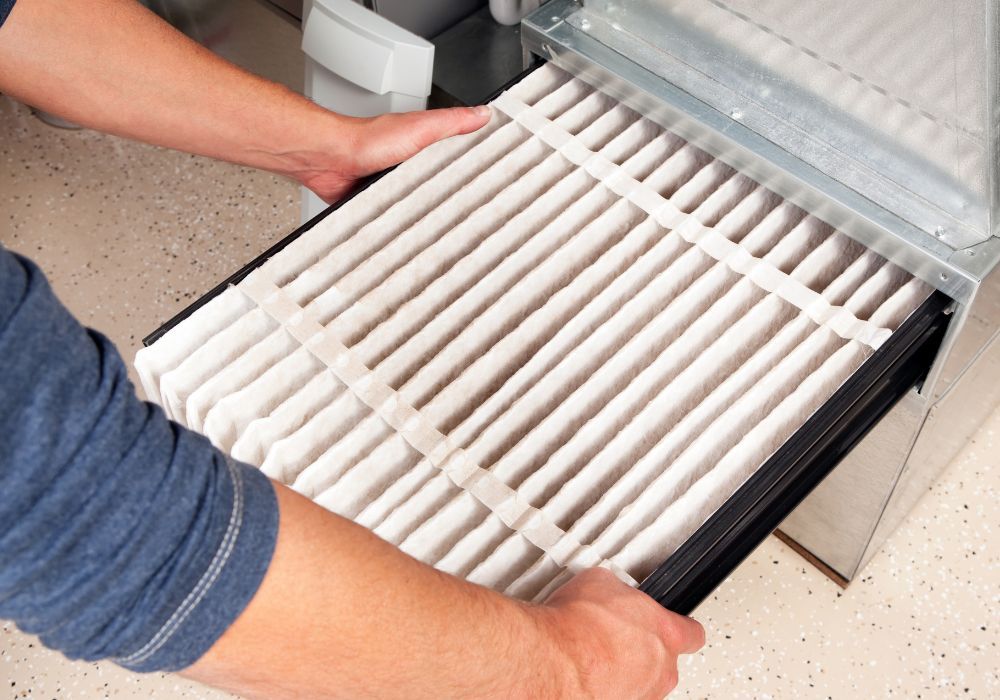
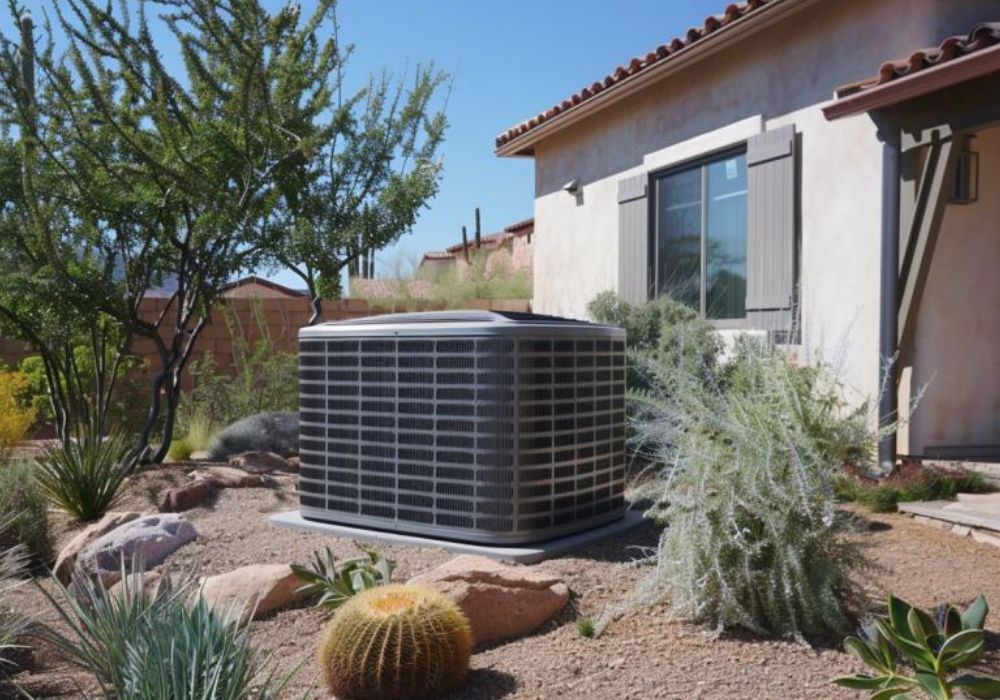
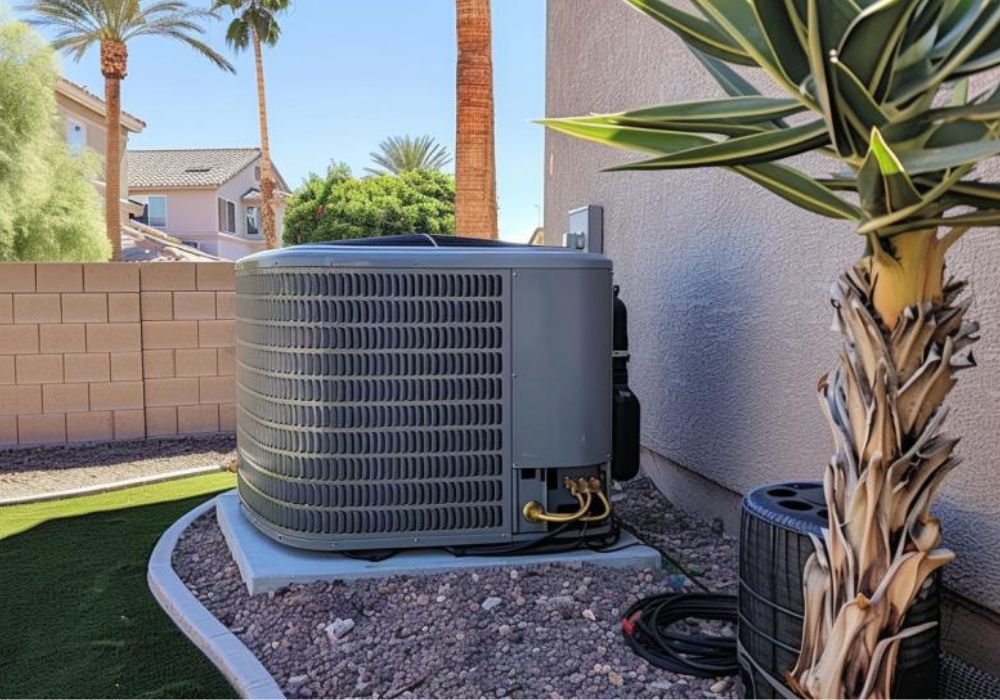
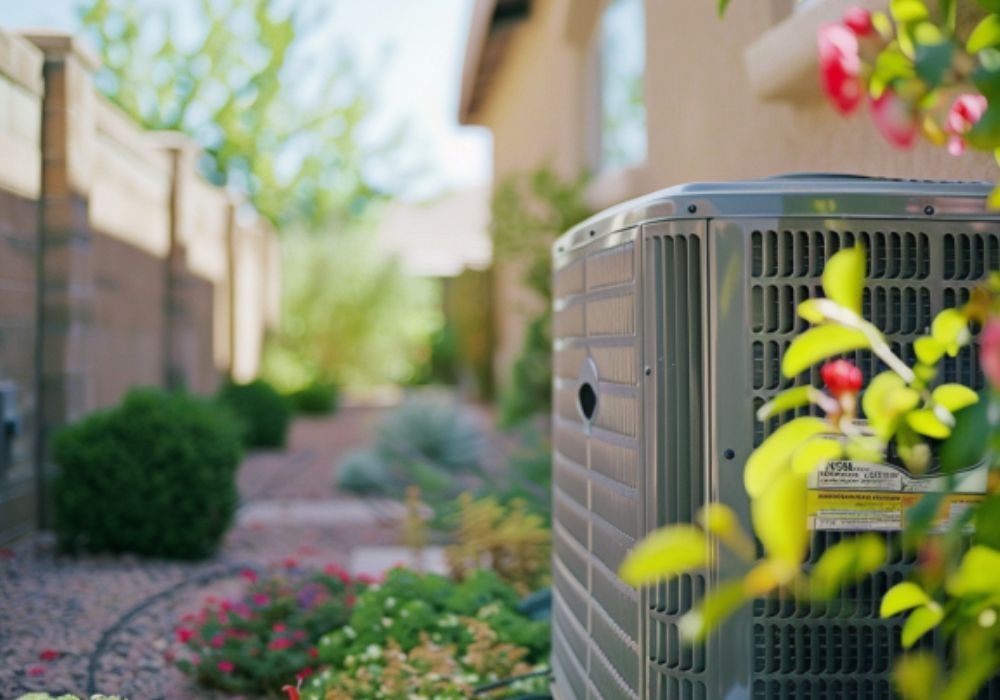
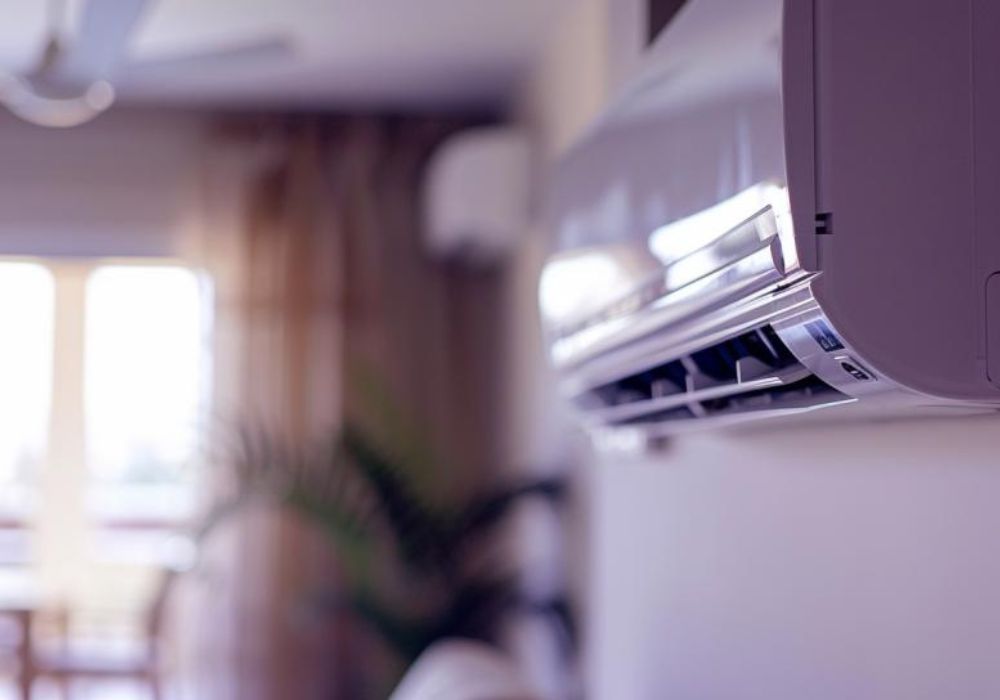
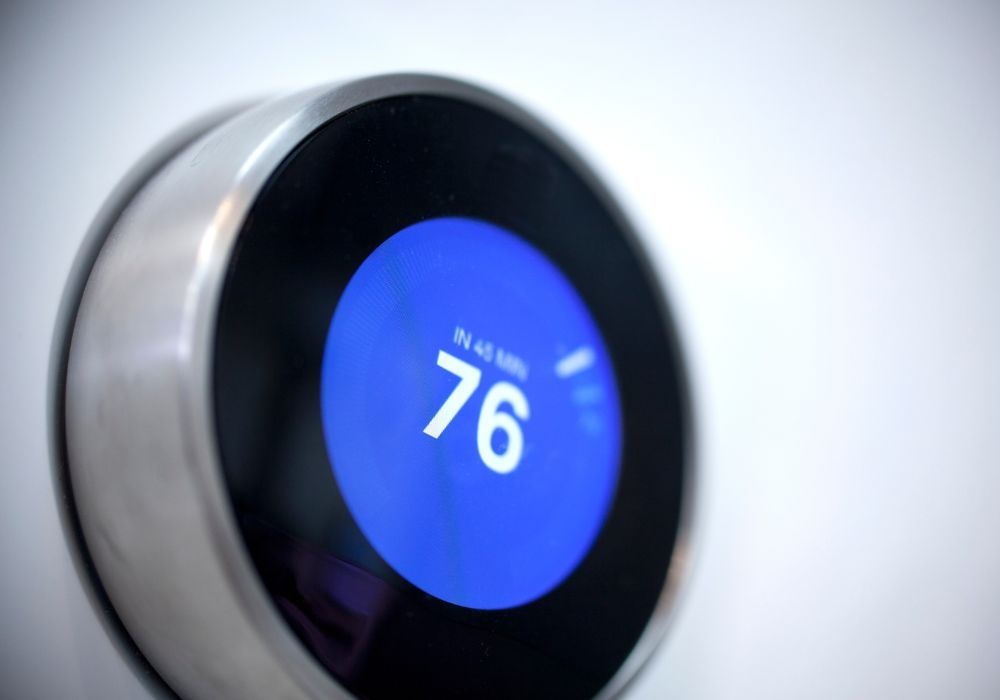
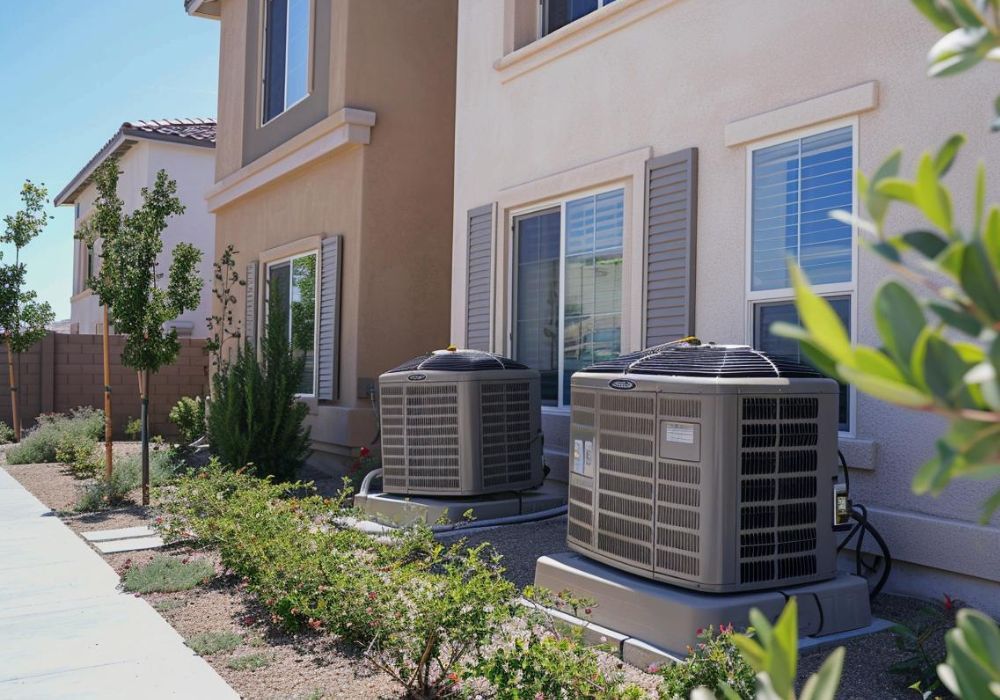
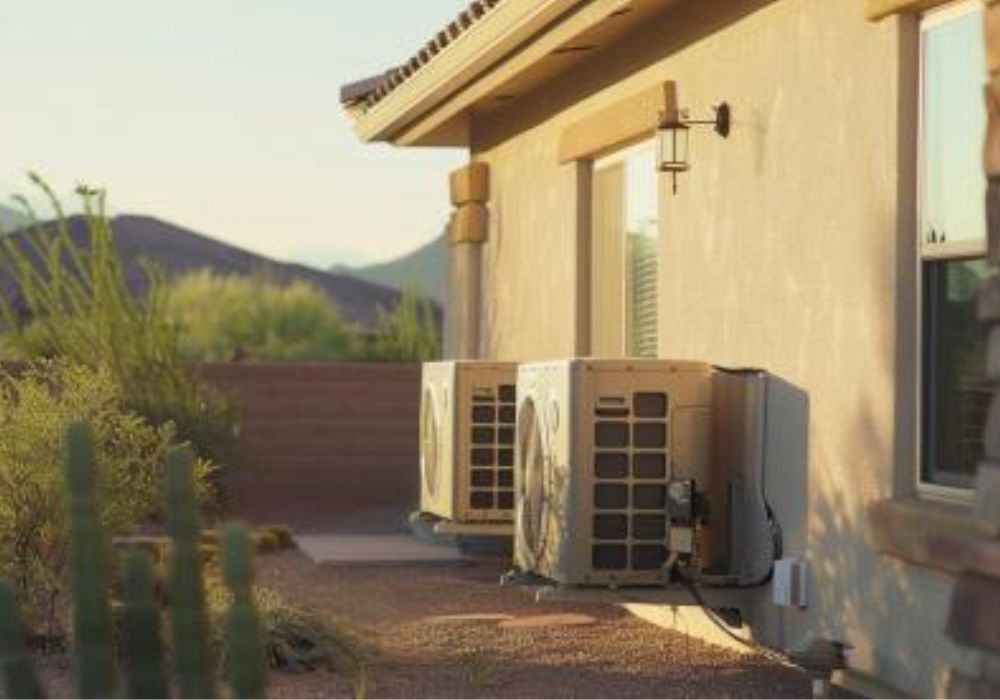
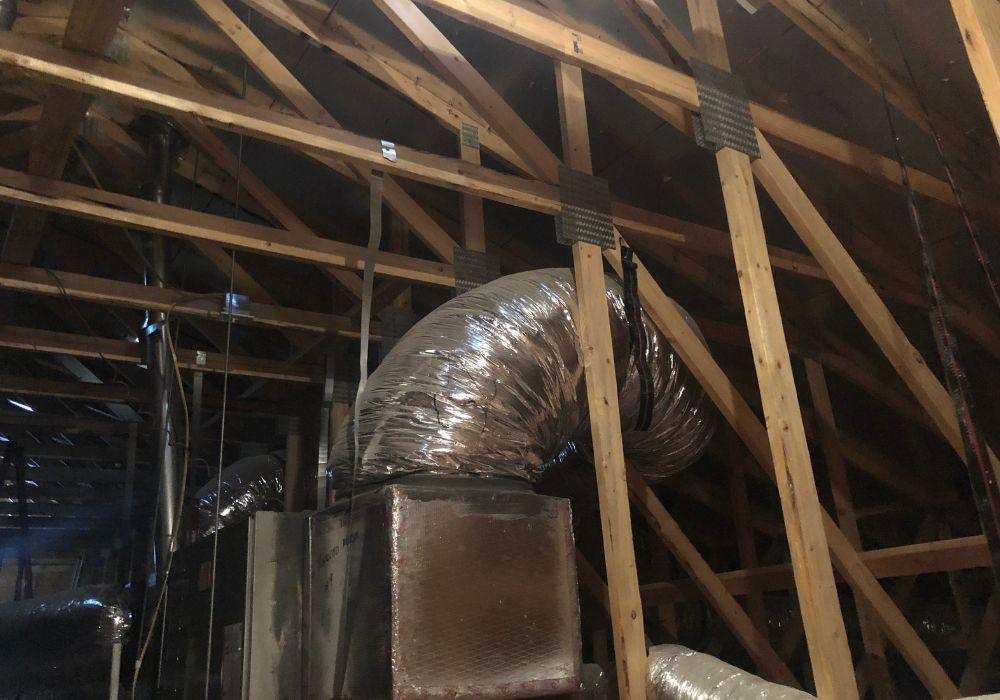
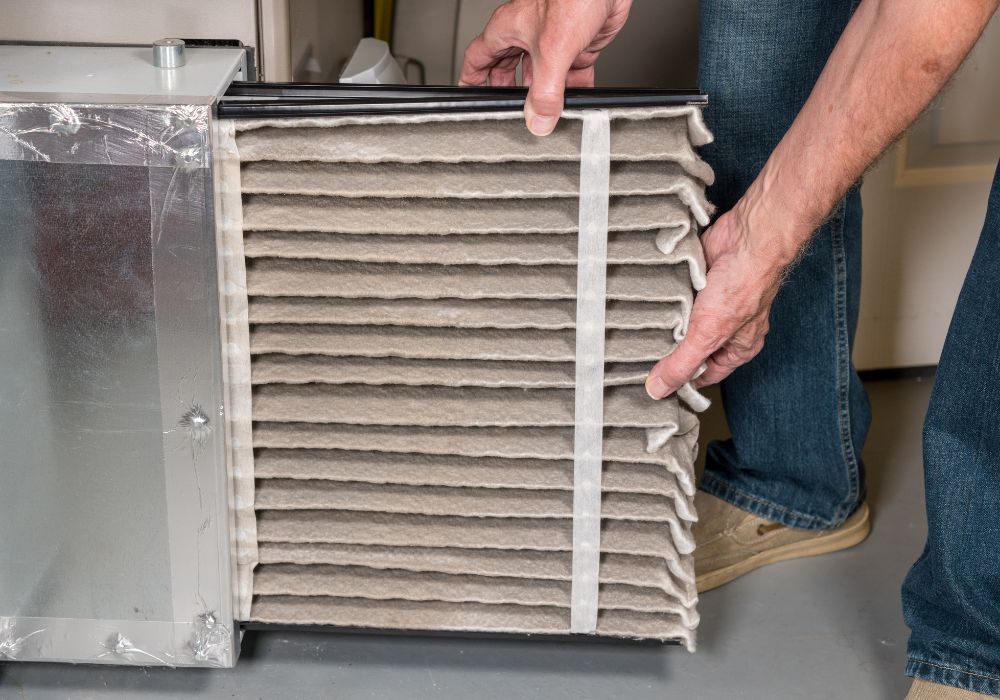
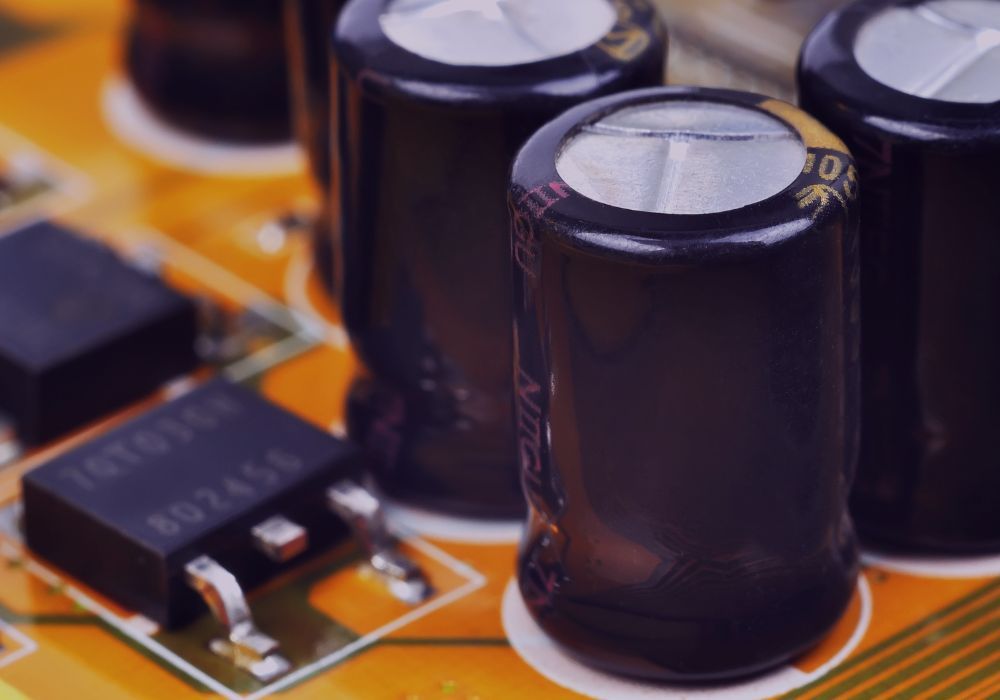
Leave a Reply